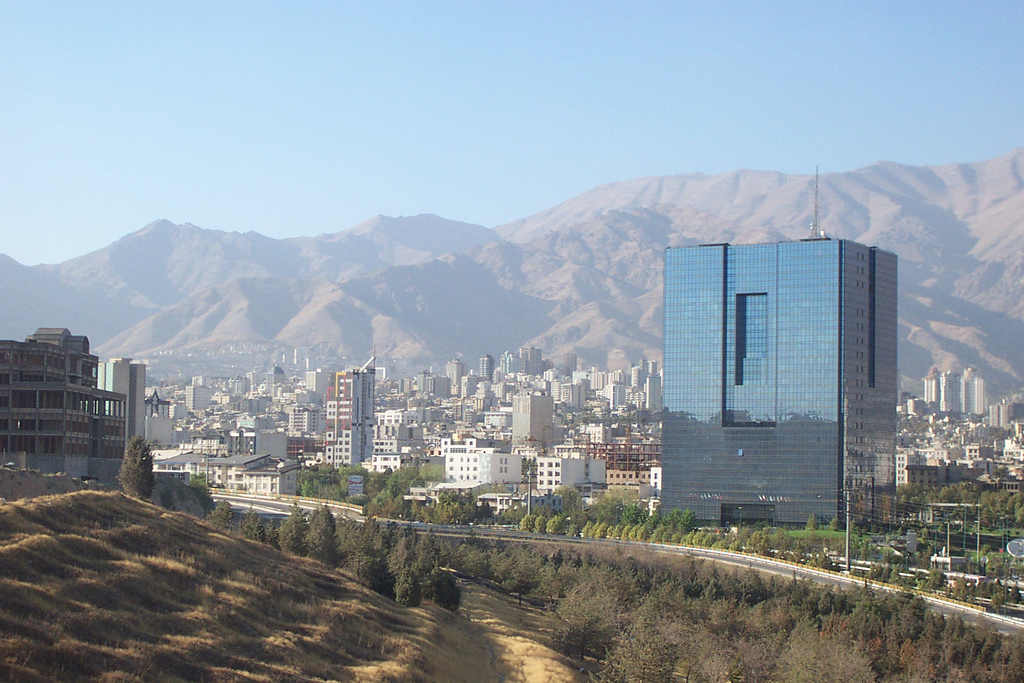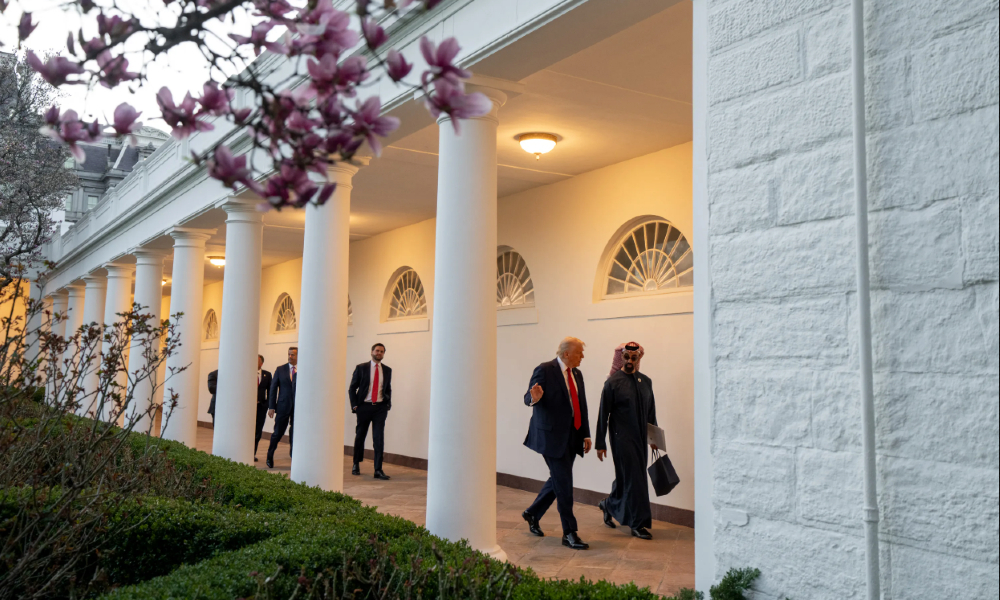Sovereign Immunity of Foreign Central Bank Assets
Central bank property is an attractive target for creditors seeking to satisfy a judgment against a foreign state or its central bank. To what immunity is such property entitled?

Published by The Lawfare Institute
in Cooperation With

Central bank property is an attractive target for creditors seeking to satisfy a judgment against a foreign state or its central bank. To what immunity is such property entitled?
Enforcement actions against foreign central bank assets have raised important questions of domestic and international law over the past two decades. Courts and arbitrators have entered large judgments against states such as Argentina, Iran, Russia and Venezuela, leading to a variety of enforcement actions against many assets, including some in which central banks have a property interest. At the same time, some countries that house major financial centers—and even some that do not—have sought to attract the assets of foreign central banks through legislation that ensures immunity from enforcement measures.
For its part, the United States has expanded the immunity of central bank assets through important cases interpreting the Foreign Sovereign Immunities Act. Meanwhile, the U.S. has also limited—through the Iran Threat Reduction and Syria Human Rights Act of 2012—the immunity available to certain assets of Bank Markazi, the Iranian central bank. That legislation was upheld by the Supreme Court in 2016 in Bank Markazi v. Peterson, resulting in an order for the turnover of nearly $2 billion. This led to a lawsuit by Iran against the United States before the International Court of Justice raising the issue of immunity under customary international law. Central bank immunity is thus of ongoing financial and legal significance, but there is virtually no academic work on the topic.
Having examined the issue of central bank immunity from measures of execution in detail in this forthcoming paper, I will summarize some of the key points here.
First, the unmistakable trend is toward greater immunity of foreign central bank assets from measures of execution. The number of states that provide near-absolute immunity, absent waiver, is growing. In some cases, states have ramped up their protections of central bank assets through legislation that makes it harder to execute against any property of foreign sovereigns; Belgium and France are examples.
Second, customary international law requires that forum states provide immunity from execution for the currency reserves of foreign central banks, and it arguably requires near-absolute immunity from execution for all central bank assets.
Third, reciprocity is a big, new thing. China, including Hong Kong (in 2005), and Argentina (in 2014) have reciprocity conditions in statutes that provide otherwise extensive immunity specifically to central bank assets; Russia enacted comprehensive immunity legislation in 2015 with generous protections for central banks and with a general reciprocity condition.
Fourth, if the International Court of Justice reaches the issue (it is possible it may not), and if Iran is accurate in its representation that the Bank Markazi assets were foreign currency reserves, the international court will hold that the United States violated customary international law on immunity from execution.
Several factors explain the trend toward greater immunity from execution for central bank assets. The 2004 United Nations Convention on the Jurisdictional Immunities of States and Their Property (21 parties, not in force) provides near-absolute immunity from execution for central bank property in Articles 19 and 21.1(c). Since 2004, several states have enacted comprehensive statutes based on the U.N. convention, including Japan and Russia. Second, efforts by creditors to recover against Russia based on the Yukos award, and by “vulture funds” to enforce judgments against Argentina, have led European countries to enact measures making it more difficult in general to execute against the property of foreign sovereigns. Third, some countries interested in attracting the assets of foreign central banks have provided greater or more explicit protections for those assets. China, for example, passed legislation in part to reassure jittery foreign central banks about the safety of their assets in Hong Kong. Reciprocity and other measures by China and Russia to encourage greater protection of central bank assets also appear to have had an effect, especially in Europe and Argentina.
Finally: Central bank immunity under customary international law is likely to become more significant over time. The expansion of central bank holdings and investments is likely to generate pressure to limit immunity, especially for assets that are clearly used for purposes other than foreign currency reserves. Large awards against Saudi Arabia for conduct related to the 9/11 terrorist attacks may be on the way; if they are awarded, there will be legal and political pressure to enforce them. Such pressure was successful in the United States with regard to Bank Markazi assets. Venezuela is expected to suffer a “cascade of defaults” on its sovereign debt, which could lead to judgments and enforcement efforts against central bank assets held outside of Venezuela (the extent of those assets is not clear). Pushing in the other direction, China and Russia are actively seeking greater global immunity for central bank assets, already with some success. The issue is also likely to remain important because it is closely connected to several other important and developing issues of international law. For example, the extent to which a government agency (such as a central bank) can be liable for judgments against the state itself was addressed by the U.S. Supreme Court this week in Rubin v. Islamic Republic of Iran. In Rubin, the court referred to international law in construing part of the Foreign Sovereign Immunities Act as preserving the rule from First National City Bank v. Banco Para el Comercio Exterior de Cuba, which provides that agencies, instrumentalities and states are separate legal entities and cannot be held liable for the conduct of the other, subject to some exceptions. The requirements of international law as to separate juridical entities is also an issue before the International Court of Justice in the Certain Iranian Assets litigation. Stay tuned.





